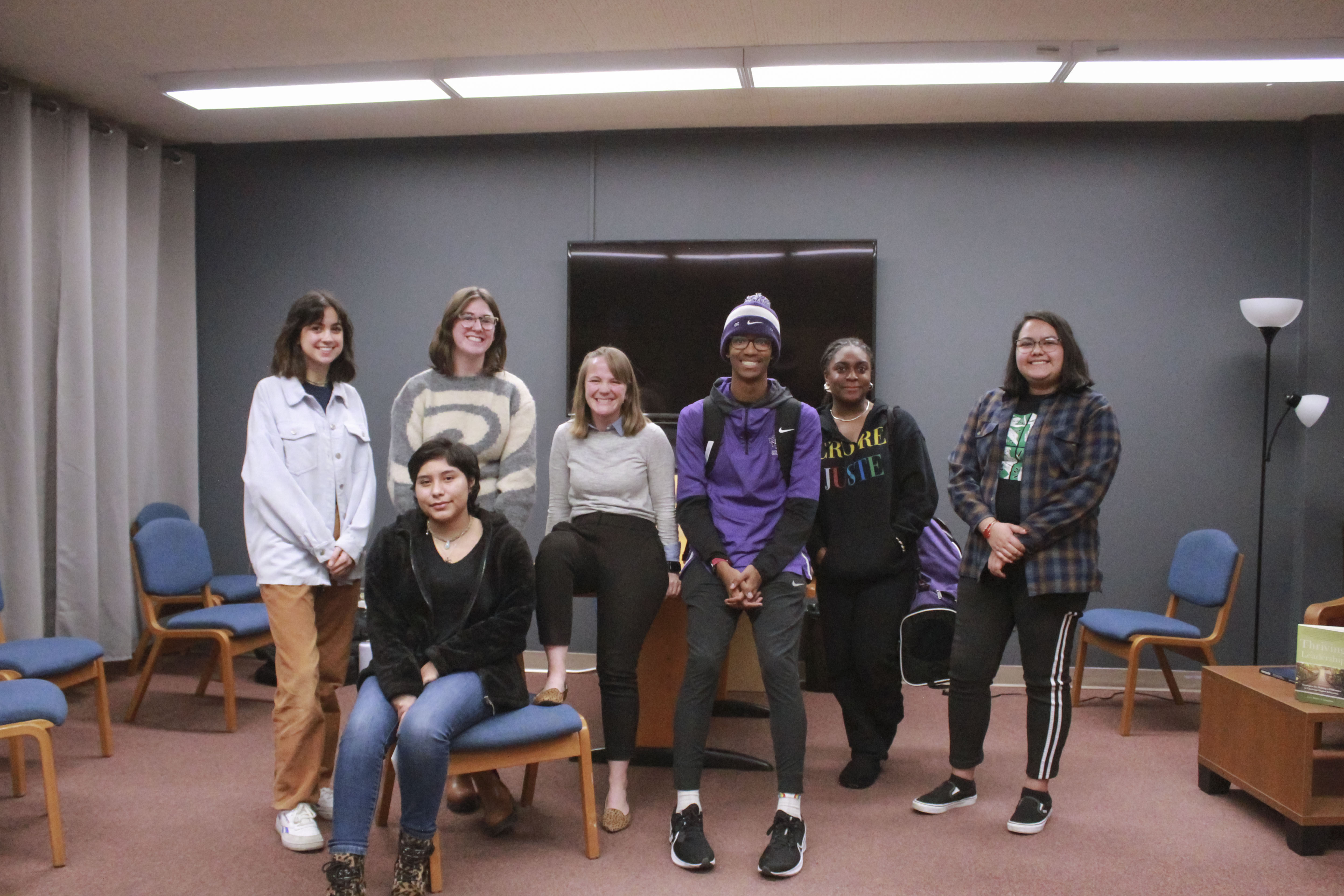Despite its “dry campus” policy, alcohol consumption is still a recurrent activity on Goshen College campus.
This past summer, Student Life implemented a medical amnesty policy which states that “Students who seek professional medical assistance for themselves or others related to the consumption of alcohol or use of illicit drugs will not be subject to disciplinary sanctions.”This policy has opened the door for conversation regarding alcohol usage and consumption on campus.
For Gilberto Perez Jr, vice president for student life and dean of students, the amnesty policy is an opportunity for students to “come talk to us … it’s there for us to get an idea of what is going on so we can get an idea of how best to educate the campus.”
He continued, “if you’re struggling with alcohol use, that is not a reason for a conduct process– it’s reason for a conversation.”
Education through conversation is a key component for both students and administrators to understand what is occurring on campus.
An upcoming event that will encourage this type of educational dialogue will be on Tuesday, Jan. 31 at 7:00 p.m in Adminstration Building 28. Presenters from Oaklawn and the Alcohol Addiction Resource Center in South Bend will be covering topics such as addiction, responsible use and the long-term and short-term effects it has on the human body.
“My goal has been to show students that there are many different ways of engaging with alcohol that range from healthy to unhealthy,” said Director of Health and Wellness, Liz Andes, “alcohol is not a black and white matter.”
Above all else, Perez and Andes hope to see “students helping other students be safe.”
There are many students who have concerns about safety when it comes to the drinking culture on campus, whereas others feel conflicted.
As Drew Smoker, a junior physics major put it, “the work that Health and Wellness has done is good and it feels productive.”
She qualified that, however, noting that “there feels like a disconnect between Health and Wellness and ResLife.”
“Conversations with ResLife have felt frustrating,” Smoker added. “It feels like they have an ‘alcohol bad’ mindset … and that their mind is made up, so they won’t listen to student input.”
Alcohol is present in the GC community, but safety is the focus of the administration and members of the student body.
The alcohol policy is not currently undergoing any changes, but that does not mean there isn’t room for re-evaluation.
“Policy change happens on all levels … the administration are your allies … We value what you students share with us,” Perez said.



